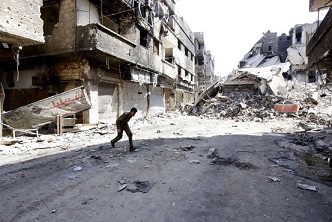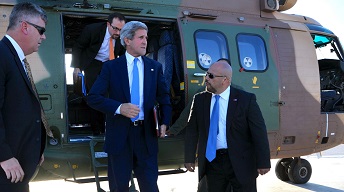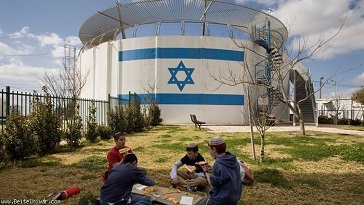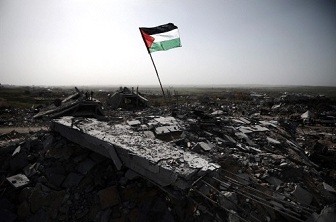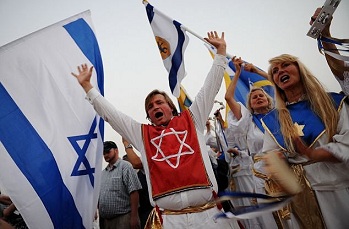Ariel Sharon, war criminal (February 26, 1928-January 11, 2014)
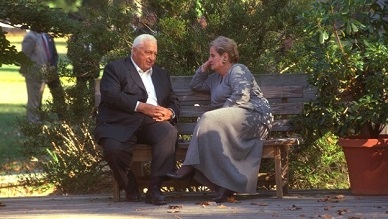
The late Ariel Sharon. Here in a quiet moment with one of his acolytes,
Madeleine Albright, who later, speaking of the half a million children
the Clinton administration had killed in Iraq, calmly said: "I think this is
a very hard choice, but the price - we think the price is worth it." (FAIR)
Former Israeli prime minister, general and unindicted war criminal Ariel Sharon was pronounced dead on Saturday, January 11 at the age 85. He had lay for eight years in a comatose state after suffering a series of strokes in January 2006.
Under investigation for corruption at the time, he had been kept alive on the insistence of his family, despite the advice of the doctors treating him, while relatives sorted out his financial affairs.
Sharon is justly reviled by millions for his policies of provocation, murder and ethnic cleansing. His entire military and political career, for which he earned the nickname “butcher of the Palestinians,” was marked by a series of atrocities carried out against both the Palestinians and Israel’s Arab neighbours. The most notorious was his collusion with the Lebanese fascist Phalange in the September 1982 massacre of over 3,000 Palestinians in the Beirut refugee camps of Sabra and Shatila, following the Israeli invasion and occupation of Lebanon.
The Israeli government-appointed Kahan Commission concluded that Sharon, as minister of defence and commander of the occupying force, bore “personal responsibility” for this barbarous crime. But he was never prosecuted and remained in the Israeli cabinet.
More than any other politician, Sharon was the architect and promoter of Israel’s expansionist policy. The cost of this policy continues to be borne directly by the Palestinian masses and indirectly by the Israeli working class, in the form of social cuts and tax hikes carried out to fund a militarised and increasingly anti-democratic state.

























